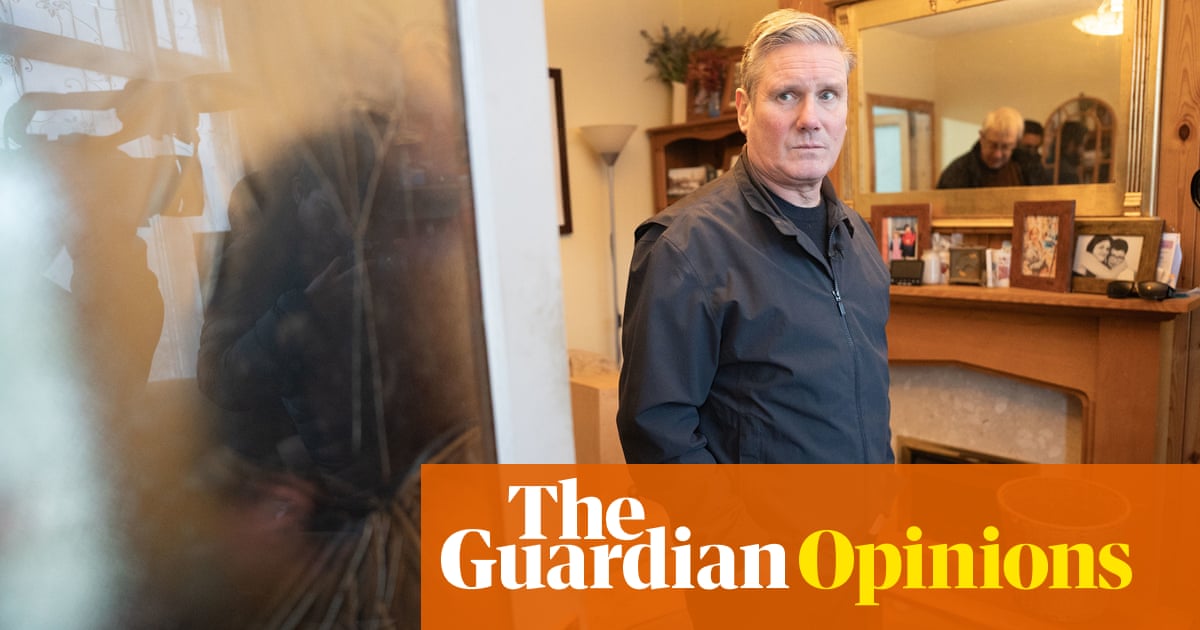
All is well in Labour land, it would seem. The leader has spoken. The next election is there to be won. Just like with Tinker Bell, all you need to do is believe.
How else to explain the decision of Keir Starmer to refuse to back proportional representation at his conference? It would open the door at the very least to Labour, Liberal Democrats and Greens working together to capitalise on the common ground they share.
There are three reasons why we need PR, and with it a progressive alliance. The first is ethical, the belief that everyone’s vote should count equally and that cooperation is better than competition – the pluralist recognition that no single party has a monopoly of wisdom. Second, only an alliance gives us the long-term consensus and stability to tackle the complex issues presented by the climate crisis.
The final reason is electoral. The progressive vote is split, while the right vote is now consolidated as the Tories soak up Ukip/Brexit party support. Our first past the post voting system gives the Tories a huge and unjust advantage. They need only 38,000 votes per MP. For Labour, it’s 50,000. In the 2019 election, the Tories got 43% of the vote but 56% of the seats. Right now, Labour are 6 percentage points behind in the polls, when to gain a majority it’s commonly assumed they need to be 20 points ahead. Given the SNP hold on Scotland, the still-loose bricks in the “red wall”, the rising Green tide (which could make or break Labour in scores of seats), boundary changes and Tory plans for voter ID, the chances of an outright Labour win are tiny.
This doesn’t make alliance-building easy – but it does make it necessary. In 65 seats in 2019 there was a majority of progressive voters but because of the divisions, the Tories won. At the next election, Compass, the organisation I’m director of, has calculated there will be up to 69 seats in which the progressive majority can comfortably beat the Tories – and where it’s clear who the best-placed candidate is.
Progressives are going to win together or lose apart. The choice is between getting 100% of what you don’t want or 75% of what you do.
In all this we need to remember that voters aren’t blocks to be moved around by political generals in bunkers. They have their own minds, but they need to hear the case for alliances and for tactical voting. At the 2019 election, only 35% knew who had been first and second in their seat in the previous general election. Whether it’s tactical campaigning and voting or, where it’s feasible, parties locally deciding to stand aside for each other, all the tactics of cooperation must be tried in the name of shared values and policies.
But Labour is terrified of being seen to rely on the SNP or the Liberal Democrats. The party fears how this will play in the red wall seats, and the inevitable Tory accusations of a “coalition of chaos”. But this is the madness of the hole they are digging for themselves. The only terms on which Starmer can be prime minister are a Labour-led minority government reliant on the votes of the SNP and the Liberal Democrats. Denying this electoral reality just makes Labour look more out of touch and confirms the Tories’ chaos charge.
Unless parties talk now and plan, the best we can hope for is a coalition of chaos. But according to polling from Best for Britain, 64% think parties that broadly agree should work together. Labour is walking into a Tory trap when there is an open door to a new politics.
Bizarrely, Labour’s high command are digging in just when the party in Wales is talking to Plaid Cymru about working together in the face of the rising rightwing vote there, and as Labour councillors across the country are forging alliances with Liberal Democrats and Greens to beat the Tories and protect their communities. This is the age of alliances.
Our progressive parties contain many brilliant people, but the nearer the top you get, the more tribal and insular they become. Millions of people want a future that is red, green and liberal. There is a progressive majority to be mobilised in this country, but it no longer fits solely in one big tent called Labour.
If Labour won’t lead this progressive majority, then we in that majority must use our votes, money and activism to ensure our power is realised at the next election and beyond. Support should be targeted at candidates who at the very least will vote in parliament to stop the climate chaos, create greater equality and back proportional representation as a first step in deepening democracy.
Labour’s rinse-and-repeat cycle of losing but blocking a better political future cannot be allowed to go on for ever. The party’s bureaucrats have turned their back on hope.
If we are to build a real democracy in the face of the rising threat of a one-party state, we must now work together through a rebel alliance.
Neal Lawson is director of the centre-left pressure group Compass and author of All You Need to Know About a Progressive Alliance












